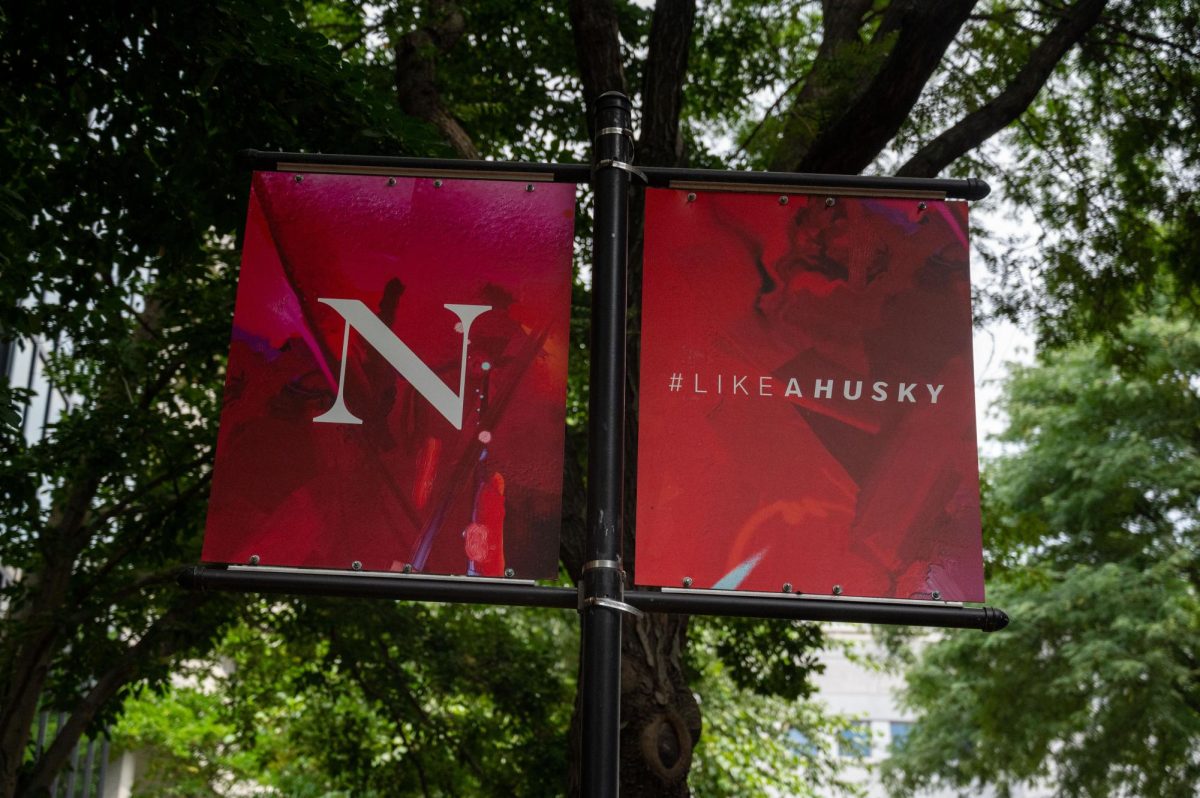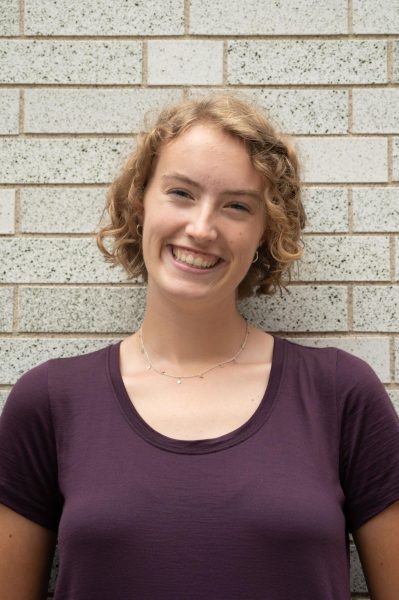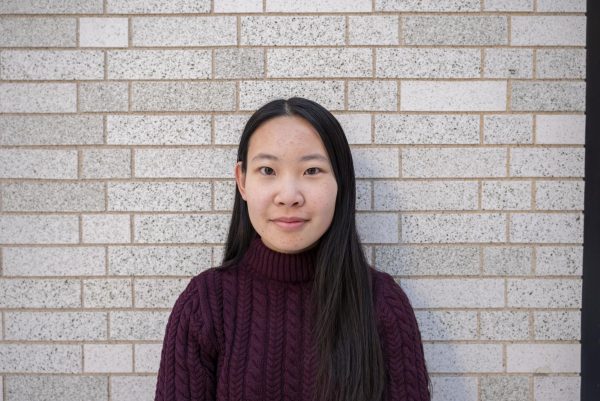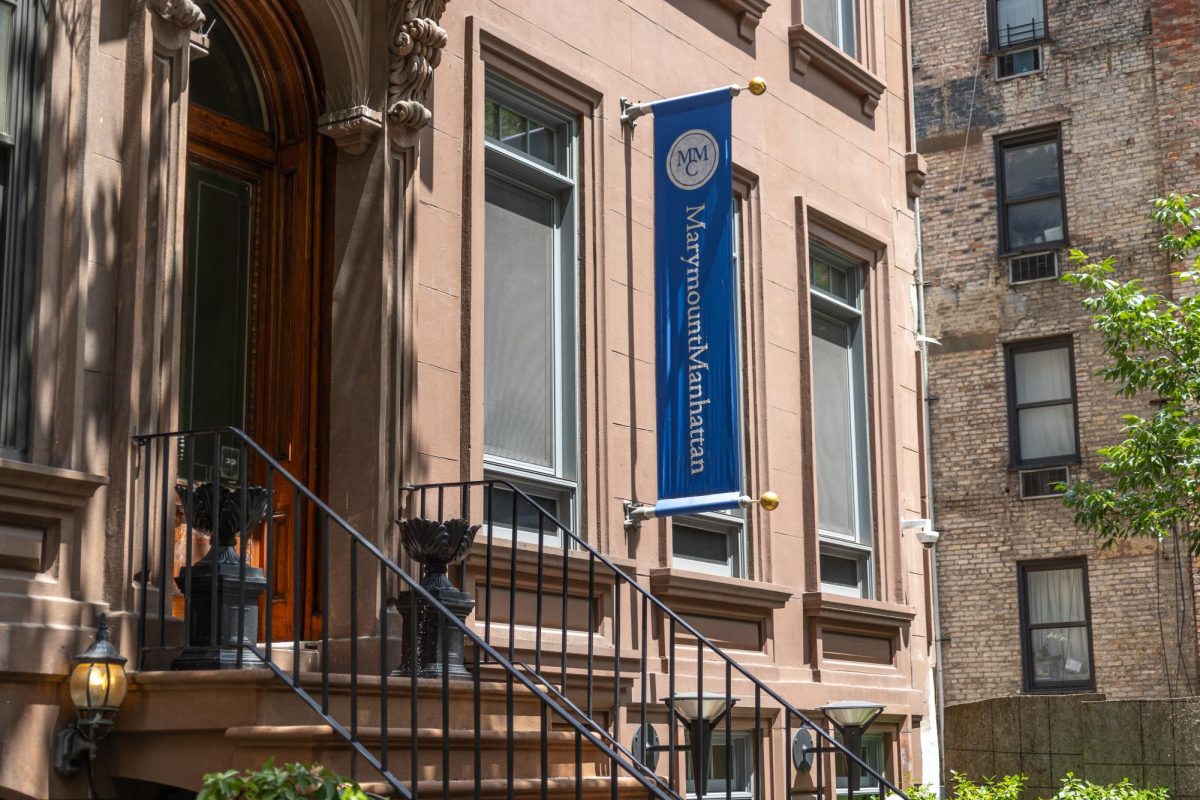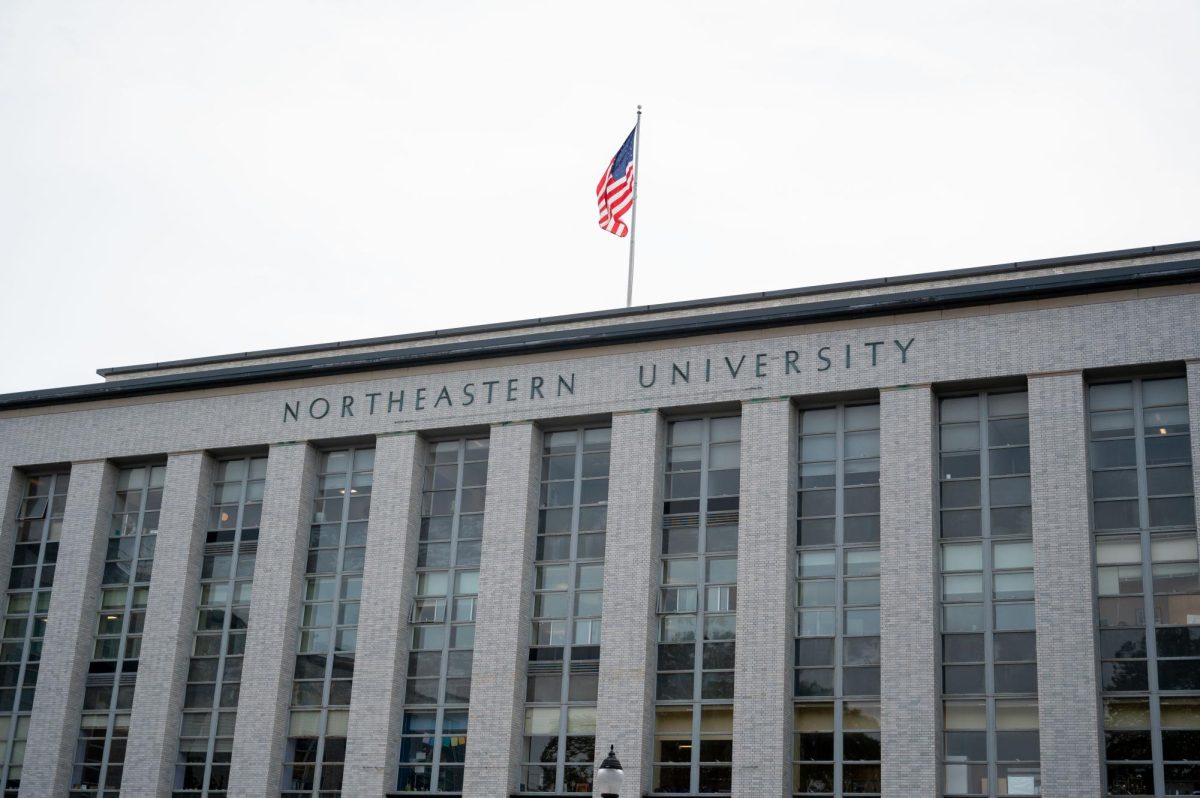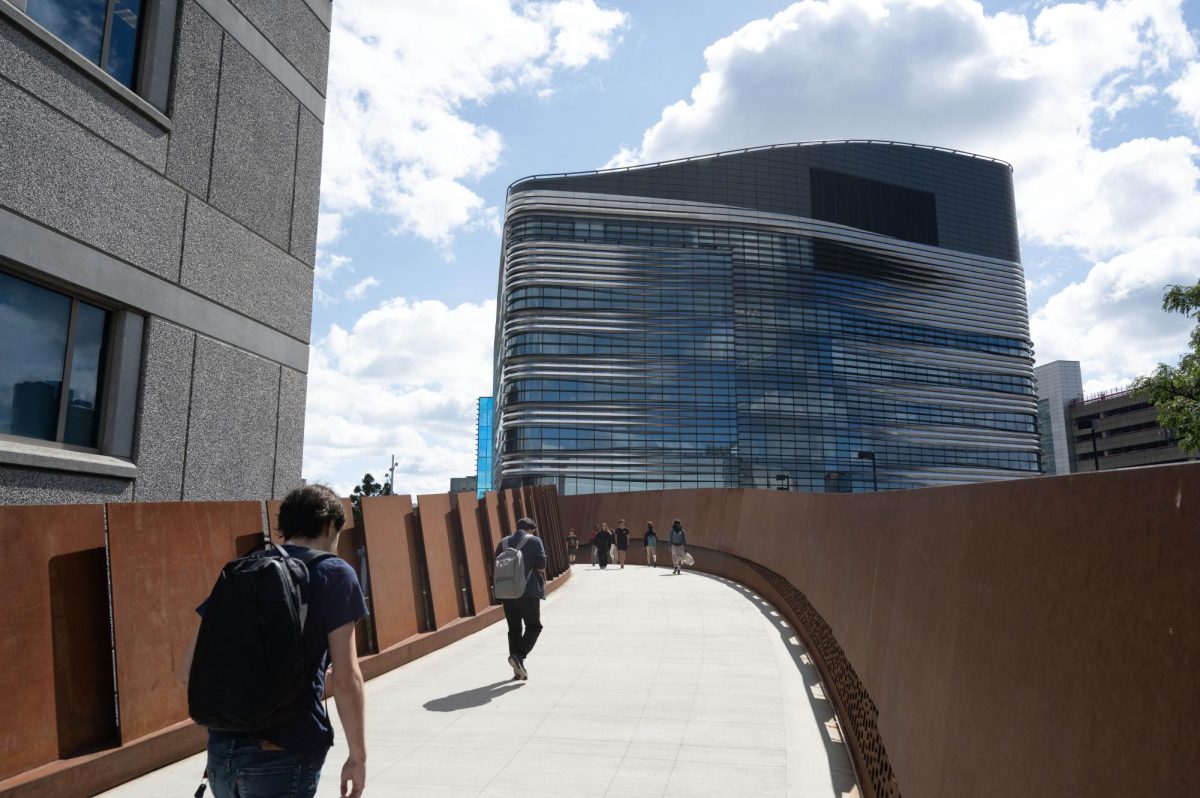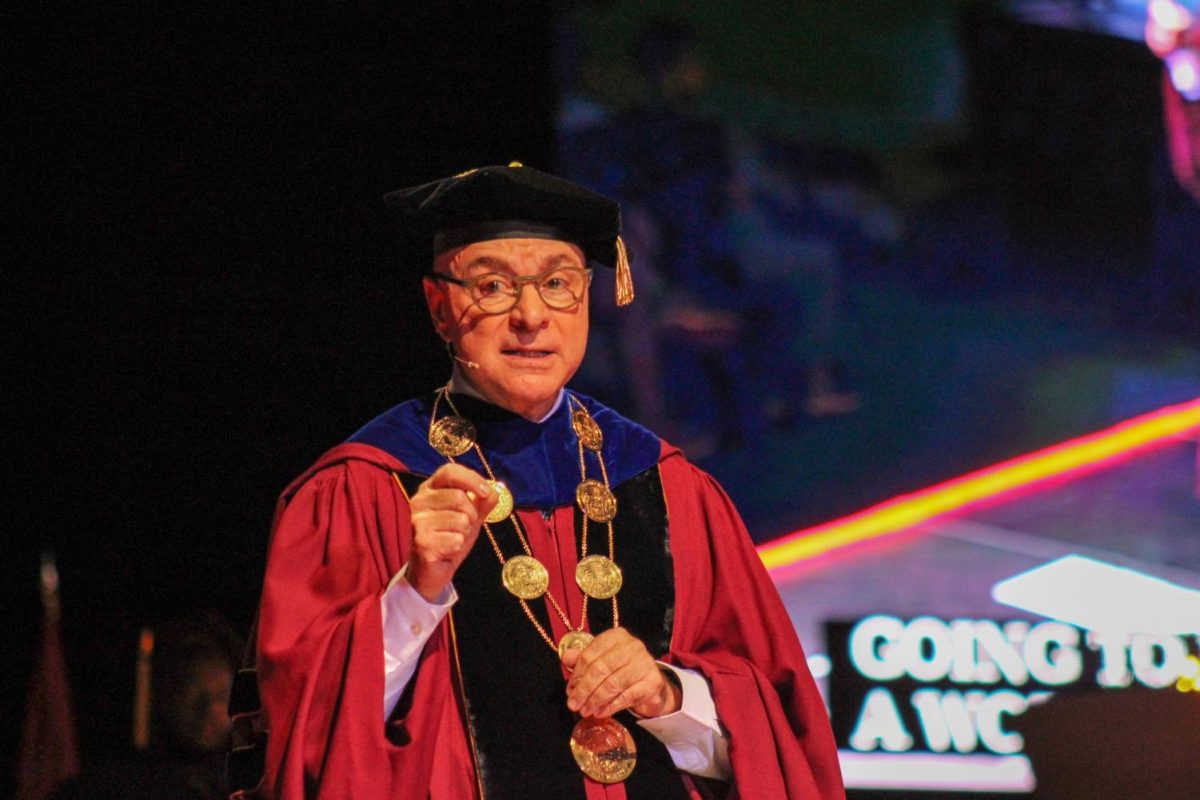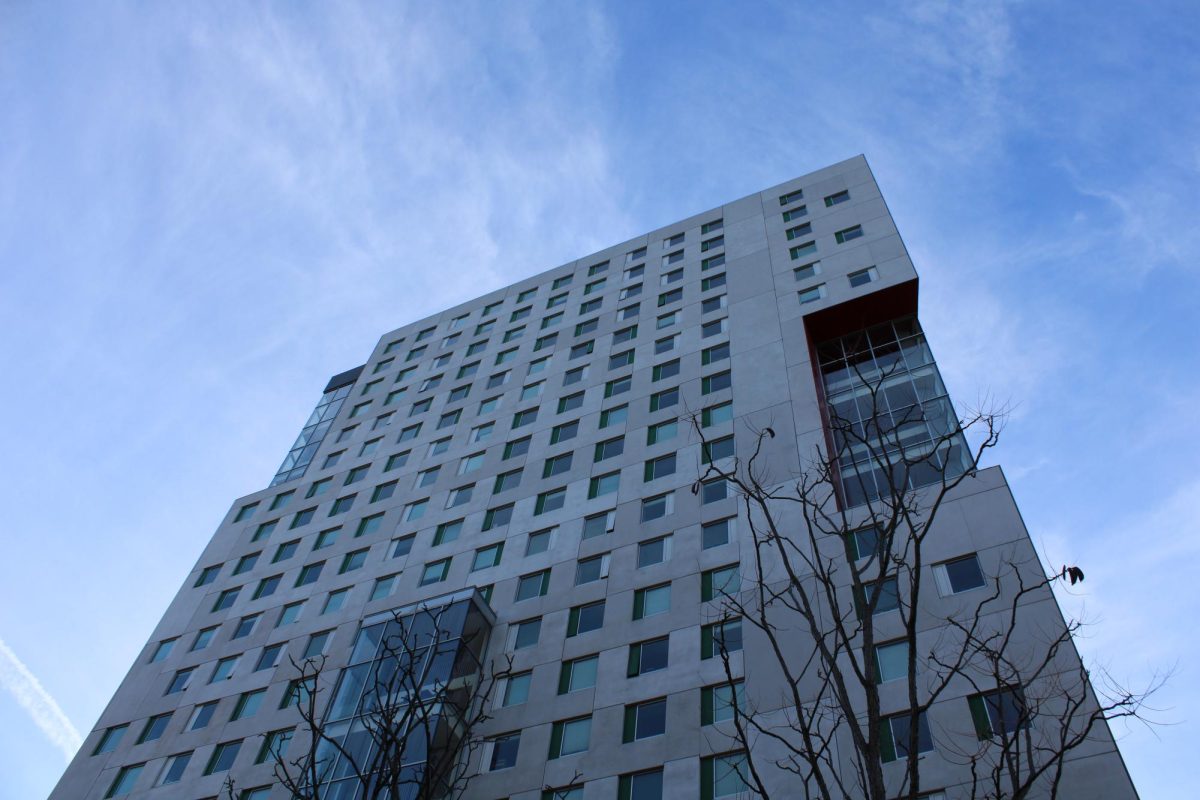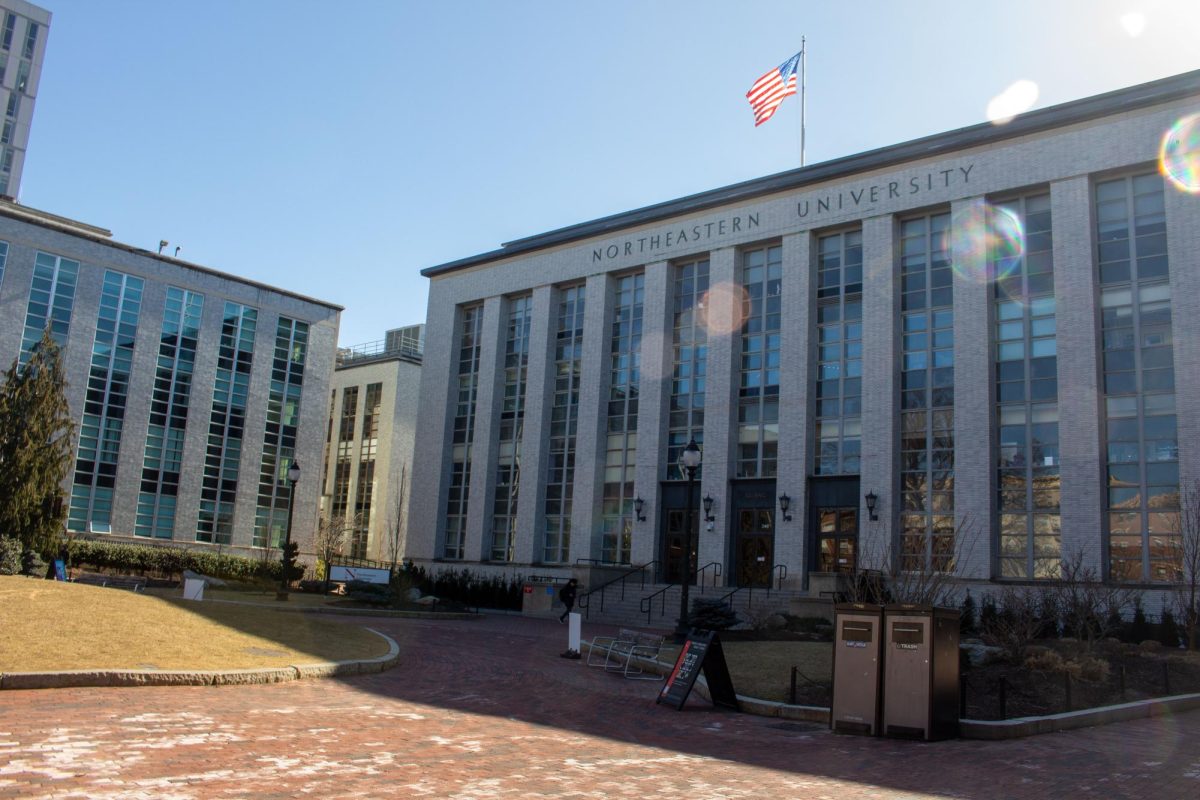While some students are returning to Boston for another year of their Northeastern education, others are flocking to Northeastern campuses across the country and world to start their school years. Undergraduate and graduate students call more than 13 campuses and partner institutions home every year.
The school’s official satellite campuses include Arlington, Virginia; Boston; Burlington, Massachusetts; Charlotte, North Carolina; Miami; Nahant, Massachusetts; Oakland, California; Portland, Maine; Silicon Valley and Seattle in the United States, as well as London, Toronto and Vancouver abroad.
Northeastern is not alone in its quest for global expansion — colleges started pursuing this type of expansion about 25 years ago, according to Terry Hartle, senior fellow at the American Council on Education.
“When globalization first became the rage, we saw a number of schools actually build physical campuses,” Hartle said. “As Tom Friedman’s book, ‘The World is Flat’ became so visible, people were thinking, ‘Well, you know, this is one way to help further connect the globe, is to connect educational opportunities.’ And so we saw schools doing that.”
Of the approximately 4,500 colleges and universities in the United States, 1,000 of them are community colleges that are not interested in global expansion, and another 1,000 are private liberal arts colleges just trying to hang on, Hartle said.
“You do have a number of institutions that have the visibility and the financial resources and the desire to expand their footprint,” said Hartle, who has an honorary doctor of laws degree from Northeastern. “You see them establishing campuses or finding other ways to deliver educational opportunities to students. And Northeastern is clearly among them.”
[Expansion] is just the next step in the evolution of [Northeastern]. It is increasingly becoming a national institution. The focus is always going to be Boston — that’s the mothership, that’s the home campus — but students are going to have just an array of offers.”
— Terry Hartle, senior fellow at the American Council on Education
Northeastern’s expansion, while gradual, has become more vigorous in the last 10 years. Boston is the university’s flagship location, and began offering classes in 1898. In Nahant, the Marine Science Center has been in operation for at least 50 years. The school’s first true satellite — in Charlotte — launched in 2011, followed by the Seattle campus in 2012. The remaining 10 locations have been announced over time since 2015.
Northeastern isn’t the only school expanding at an increasing rate — the Arizona State University and Northeastern are the leaders in the “effort to advance their educational footprint[s],” Hartle said.
“Arizona now has over 100,000 students online and in Tempe,” Hartle said. “Both Northeastern and Arizona are very exciting institutions to watch because of the ways in which they are trying to expand their ability to deliver high-quality education.”
Since the ’80s and ’90s, Northeastern has undergone an extraordinary evolution, transforming from a second-tier commuter school into one of the most selective institutions in the country, Hartle said. This change can be attributed, at least in part, to the co-op program, according to Hartle.
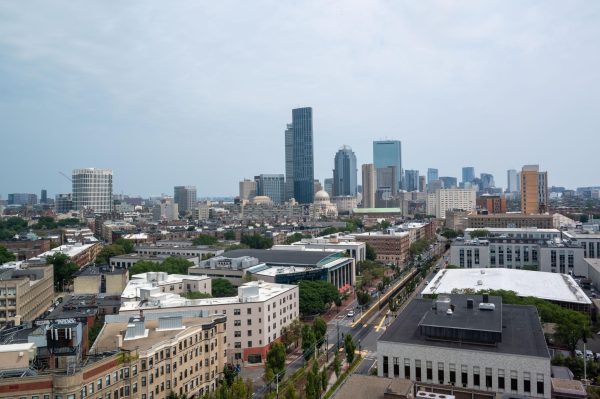
“[Expansion] is just the next step in the evolution of [Northeastern],” Hartle said. “It is increasingly becoming a national institution. The focus is always going to be Boston — that’s the mothership, that’s the home campus — but students are going to have just an array of offers.”
Student experiences across the campuses seem to be mixed, with many encountering application confusion and a lack of clear communication, but many also appreciating the travel opportunities and valuable campus programming.
Last school year, the Mills College campus in Oakland first hosted Northeastern students through N.U.in and NU Bound, now known as Global Scholars.
“I have a video of me getting accepted. It said ‘congratulations,’ but it said NU Bound and we were like, ‘What even is this?’” said Isabella Kun, who was an NU Bound student in Oakland last year. “We really had no idea and there wasn’t any information for a long time. But it’s been wonderful.”
When applying to Northeastern, Kun, a second-year business administration major, remembers checking the box asking if she would like to start her college experience abroad. While she did want to begin her studies abroad to spread her wings more, she wasn’t sure what being an NU Bound student in London entailed.
“It’s been great to be here for a long time to be away from home,” Kun said in an interview last spring. “I think it’s great to be here for a whole year and experience really as much as you can versus just one semester.”
Northeastern is building campuses where the economy is growing and where the jobs are. From everything I’ve been able to tell, they’re doing it thoughtfully, carefully and trying hard to get it right even if they could do it faster. They’re emphasizing getting each one established before they move on somewhere else.”
— Terry Hartle
Being placed at a campus across the country or across the ocean came as a surprise for some students starting college in the fall of 2022.
“I was glad it was Northeastern, but then I was like, ‘Is this actually worth it?’” said Vishwa Madhusudhanan, a second-year pharmaceutical sciences major who studied at the Oakland campus last year. “Because this is my dream school, … I had to justify it properly. In my head I was like, ‘Okay, okay, I guess I’ll live on both coasts.’ … Also, I was like I’ll have fun no matter what I do. I can make the best of it.”
Some incoming students this fall have already faced unexpected application results, housing reassignments and it remains unclear what — if any — challenges students outside of Boston will face.
What is next for Northeastern?
Though it is unclear where Northeastern’s next global campus will be, it seems unavoidable another campus will pop up soon.
“I suspect — particularly since Northeastern has been opening campuses in other cities and particularly with the experience with Mills — that Northeastern hears about once a week from some small college that would like Northeastern to take them over,” Hartle said. “If Northeastern wanted to expand very rapidly they could.”
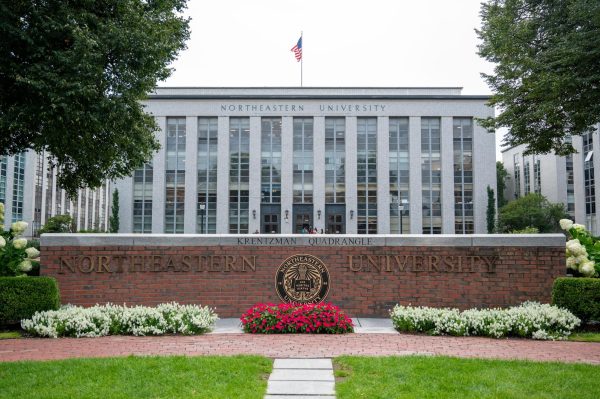
The university is also making smart decisions in how it is expanding, Hartle said, pointing specifically to the university’s tendency to rent instead of buy buildings, expand to economic hubs and stable countries abroad.
“Northeastern is building campuses where the economy is growing and where the jobs are,” Hartle said. “From everything I’ve been able to tell, they’re doing it thoughtfully, carefully and trying hard to get it right even if they could do it faster. They’re emphasizing getting each one established before they move on somewhere else.”
Opening campuses isn’t a money-maker for Northeastern in terms of student tuition, Hartle said. Rather, adding to the global network enriches the possibilities for cooperation that can help keep the university in a solid financial state.
“What opening the other campuses does is it enriches the student experience. And therefore it makes it a campus that good students from around the world want to be a part of,” Hartle said. “[It also] expands the opportunity for connections with local communities and business groups and corporations that can provide programs and assistance to help the operation.”
Northeastern has transformed itself into a top-tier research university with campuses scattered across the country and the world, bringing in record numbers of undergraduate applicants every year. The expansions have added value to a Northeastern education in some people’s eyes, but also presented new challenges.
“I think Northeastern is on an extraordinary course. They really mapped out a plan that is going to continue to expand the richness of the educational and career opportunities that are available to students. It is admirable,” Hartle said. “It’s very desirable in the marketplace and for students that happen to be there now. It’s a good thing. Are there going to be glitches? Sure. So ask questions, ask questions, ask questions.”
Editor’s Note: Due to a reporting error, a previous version of the article incorrectly stated the number of Northeastern’s satellite campuses. It is 13, not 14. A previous version also misidentified Arizona State University as the University of Arizona. The News regrets the error.








